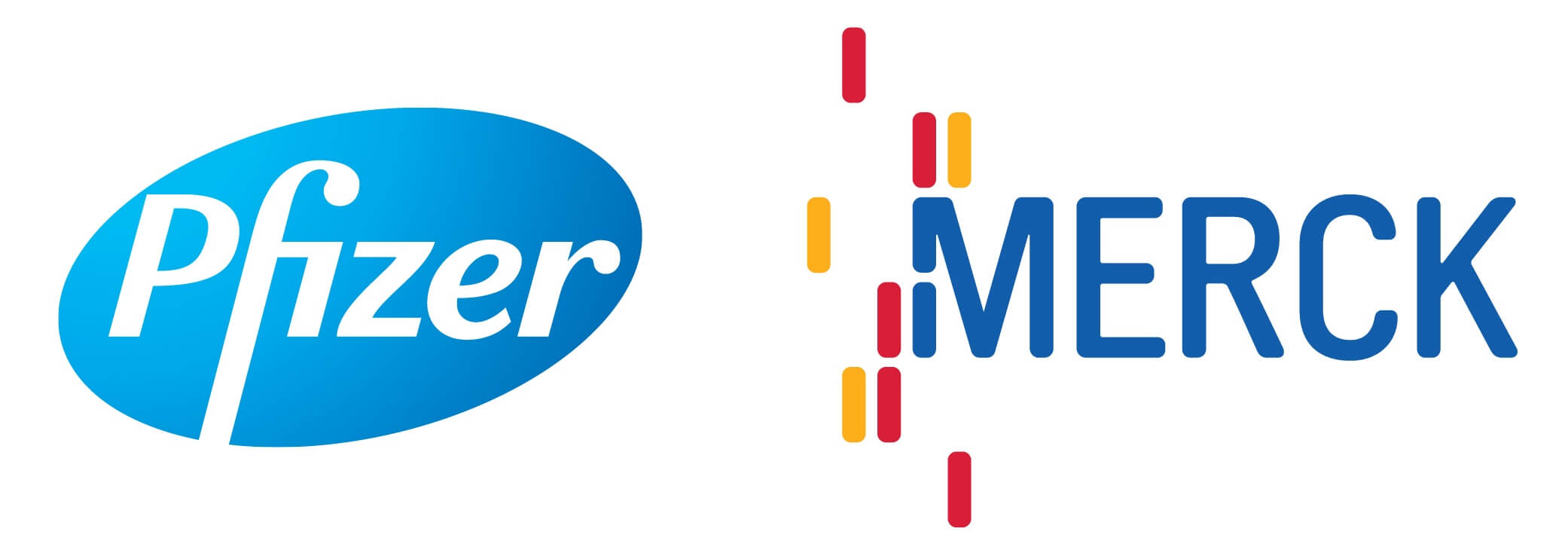A large ovarian cancer study conducted by Pfizer Inc. and German drug maker Merck has just begun its late-stage trial. The immuno-oncology drug is called Avelumab, and it is designed to take the brakes off the immune system, allowing chemotherapy to better treat ovarian cancer.
Ovarian cancer is an extremely aggressive cancer with a devastatingly high mortality rate. For women who do manage to beat ovarian cancer, the average survival rate is only five years.
The study includes 950 women with advanced ovarian cancer, and if the trials are successful, the drug could help thousands of women who are suffering from ovarian cancer.
The drug could also give hope to thousands of women blaming their ovarian cancer on the talc in Johnson & Johnson’s baby powder products. Thousands of lawsuits against J&J point to over 20 epidemiological studies indicating a link between the talc in baby powder and ovarian cancer, dating as far back as 1971.
Two lawsuits have already gone to trial in 2016 over J&J’s baby powder that has put the company’s gross negligence in the spotlight. Internal documents produced by J&J from 1992 indicate the company knew about the link between its baby powder and ovarian cancer, but continued to market the product without any additional warnings.
With ovarian cancer’s low survival rate, many women who have developed ovarian cancer from baby powder use don’t live long enough to see the company held accountable. The first lawsuit to go trial this year was filed by Jacqueline Fox, who lost her battle with ovarian cancer shortly before trial began, but her efforts have helped pave the way for thousands of other women to recover financial damages for injuries they sustained.
The next baby powder lawsuits are scheduled to go to trial in September. In the meantime, plaintiffs are also waiting to see if Pfizer’s new drug Avelumab could give them more hope.

